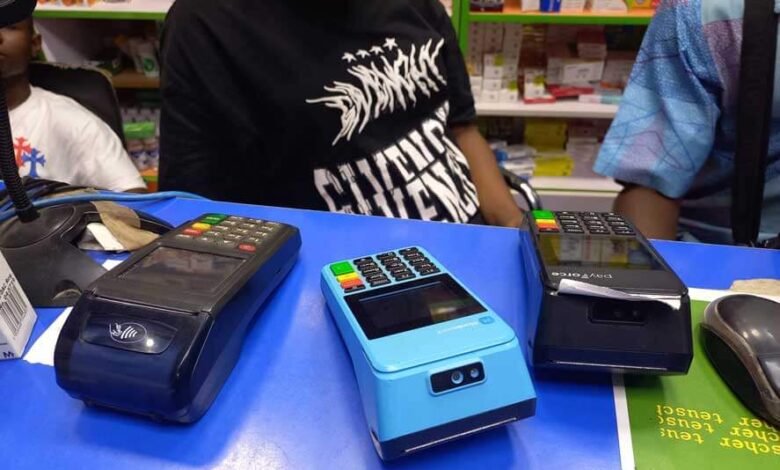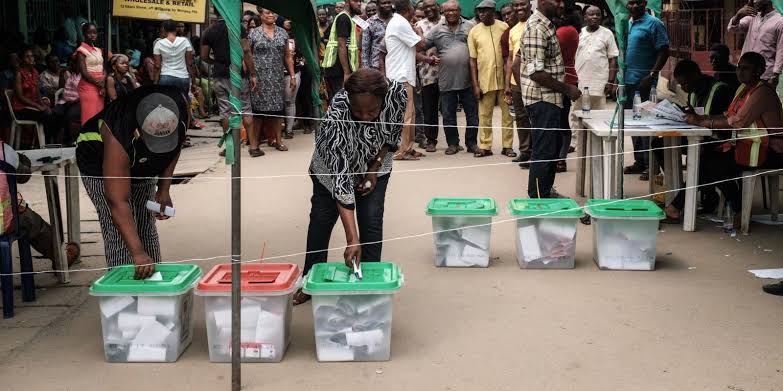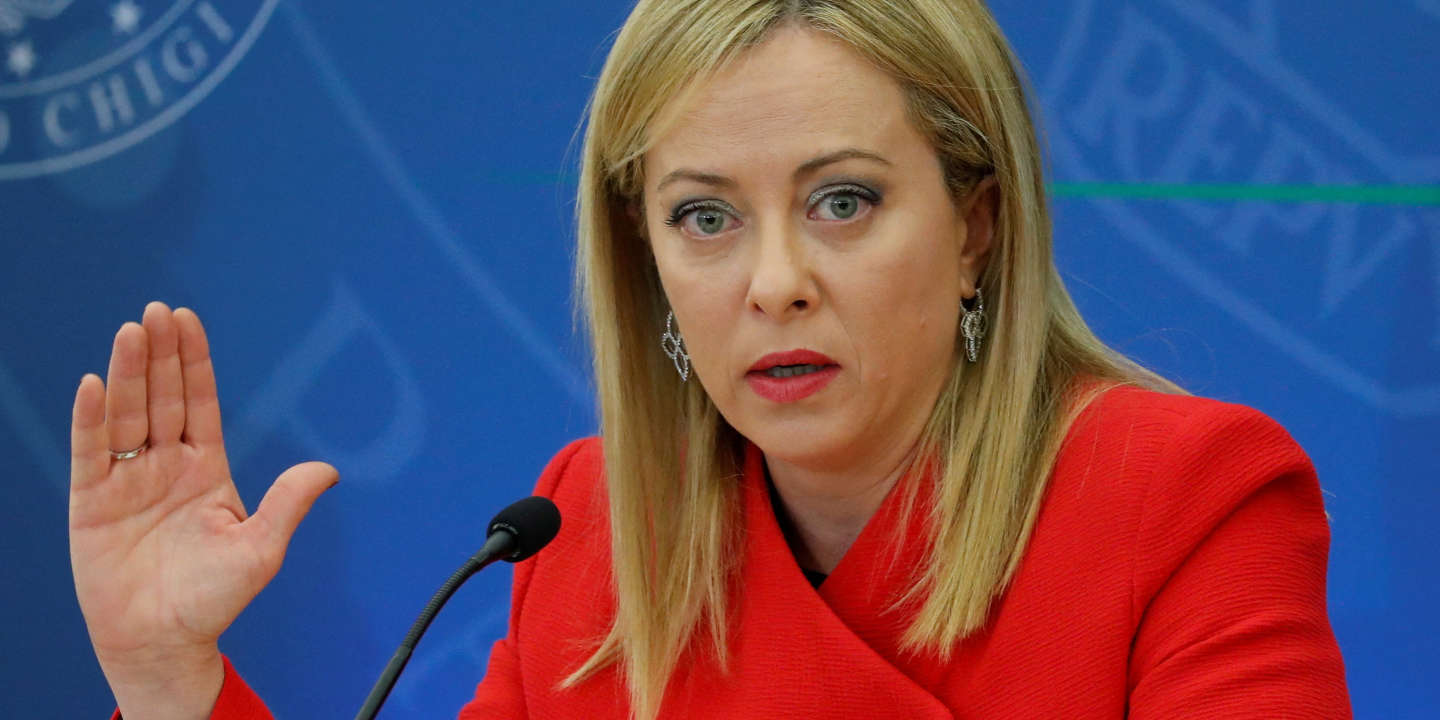CBN orders PoS to show locations of all transactions nationwide

By Ologeh Joseph Chibu
In a bid to track ransome payment for kidnapping and reduce financial crimes, the Central Bank of Nigeria (CBN) has issued a sweeping directive to PoS nationwide to network with a system that will show their location.
The PoS services have only 60 days to comply. There are some 4.2million PoS operators in Nigeria. The services have been exploited by criminals and even government officials including the Police
Experts told Irohinoodua that th initiative will fundamentally reshape the operations of Point of Sale (PoS) services across the country.
In a circular dated August 25, 2025, the apex bank mandated that all PoS terminals deployed by operators—including fintech giants Moniepoint, OPay, PalmPay, as well as commercial banks—must be geo-tagged within 60 days or risk being deactivated.
The directive, which comes into effect on October 20, 2025, requires that every PoS terminal be registered with its precise Global Positioning System (GPS) coordinates. Merchants and agents will only be allowed to process transactions within a 10-metre radius of their registered business address. Any device operating outside its approved location or failing to undergo geo-tagging will be automatically shut down.
Why CBN Is Acting
According to the CBN, the policy is part of broader efforts to curb rising cases of fraud, the use of cloned or “ghost” terminals, and unauthorised PoS operations across Nigeria. By enforcing location-based monitoring, the regulator hopes to strengthen transparency, improve transaction tracking, and bolster consumer protection.
The circular notes that all PoS devices must be upgraded with built-in GPS functionality and connected to the National Central Switch, enabling real-time monitoring through a software development kit (SDK) that operators are required to integrate. Payment Terminal Service Providers (PTSPs), mobile money operators, and other licensed players will bear full responsibility for ensuring compliance across their networks.
Scale of the Challenge
Nigeria’s PoS industry has expanded dramatically in the past decade, becoming the backbone of financial inclusion efforts. According to the Shared Agent Network Expansion Facilities (SANEF), the number of registered PoS agents stood at over 1.5 million in 2023, equating to roughly one agent for every 80 Nigerians. A recent Bloomberg report further estimated that Nigeria has about 1,600 PoS operators per square kilometre, highlighting just how saturated and vital the market has become.
With more than 4 million active PoS terminals in circulation nationwide, operators face a significant logistical challenge to update and geo-tag their devices before the October deadline.
Policy Continuity
The geo-tagging directive builds on a series of regulatory reforms targeting the PoS industry. In 2024, the CBN required that all PoS transactions be routed through licensed Payment Terminal Service Aggregators (PTSA) to improve visibility and oversight. That same year, operators were also mandated to register their businesses with the Corporate Affairs Commission (CAC) as part of efforts to formalise the sector.
Industry watchers say the new move underscores the CBN’s determination to maintain tighter control over Nigeria’s fast-growing fintech ecosystem, which has often outpaced regulation. While the policy is expected to enhance security and accountability, it also raises concerns about the potential disruption of services for millions of small merchants, informal traders, and rural communities that rely heavily on PoS transactions for daily commerce.
Looking Ahead
The CBN has warned that it will commence compliance checks from October 20, 2025, after the two-month grace period. This places significant pressure on operators, who must now balance regulatory demands with the need to keep payment services accessible to Nigeria’s largely cash-dependent population.
If effectively implemented, the geo-tagging requirement could mark a turning point in Nigeria’s digital payment ecosystem—ushering in stronger oversight, but also testing the resilience of operators in adapting to an increasingly regulated landscape.





